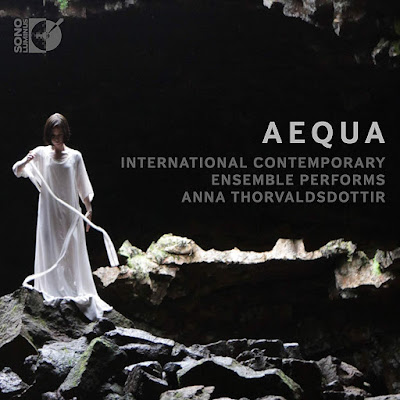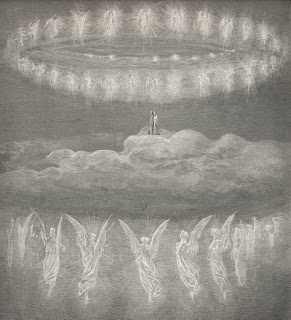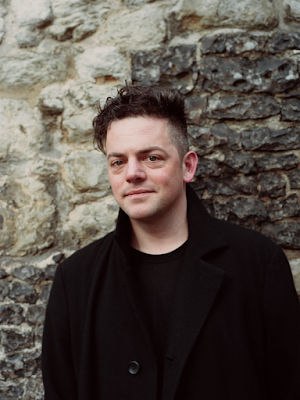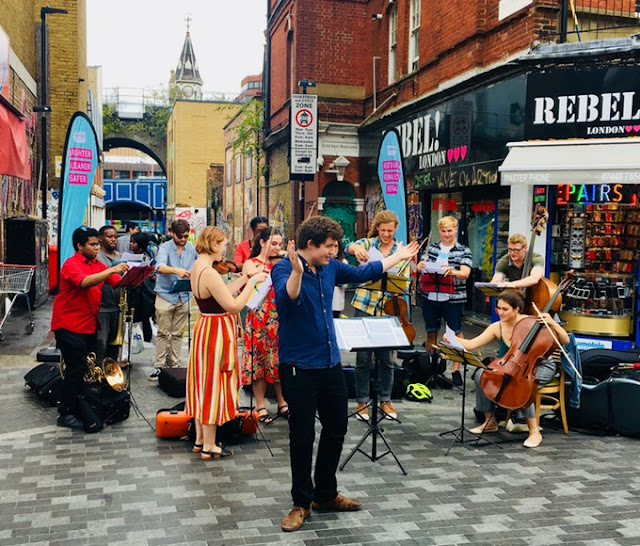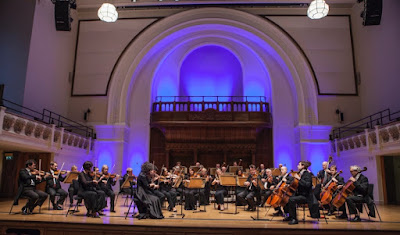 |
Achim Freyer, who directs Enescu's Oedipe at Salzburg in 2019
(photo Monika Rittershaus) |
The Salzburg Festival breezed into town on Wednesday to launch the 2019 festival in the elegant surroundings of Galerie Thaddaeus Ropac in Dover Street. The festival is gradually moving towards its major milestone, as 2020 will be the festival's centenary. Whilst attention often focuses on the festival's opera productions (this year there are five new productions, two revivals and two operas presented in concert), the majority of the music at the festival is given at the concerts (over 80 concerts as opposed to around 40 opera performances), and as an English-speaking journalist I find it fatally easy to overlook the festival's spoken word programme. In 2019 there are five plays being presented including Ferenc Molnár's Liliom (perhaps best known in the English-speaking world as the source for Rodgers and Hamerstein's Carousel) and Odon von Horvath's Jugend Ohne Gott, but the centrepiece is always the annual performance of Hugo von Hoffmansthal's Jedermann, which is being performed outdoors in the Domplatz.
The 2019 opera programme at the festival has an implicit theme of myth and how it relates to the human condition. It is noticeable that artist director Markus Hinterhauser has chosen quite a few of the directors from people who worked at previous festivals and there is very much a sense of him creating a house style, working with a selected group of directors.
 |
Simon Stone, who directs Cherubini's Medée
at Salzburg in 2019 (Photo Sandra Then) |
The highlight for me must be the new production of Cherubini's
Medée, directed by Simon Stone, in a production which is described as 'decidedly contemporary' with Thomas Hengelbrock conducting the Vienna Philharmonic Orchestra with Sonya Yoncheva in the title role. The opera is being given in French, so we must presume the original version with spoken dialogue is being used though none of the singers is a native French speaker. Another highlight must be on of the real masterworks of the 20th century, Enescu's
Oedipe directed by Achim Freyer with Ingo Metzmacher conducting the Vienna Philharmonic
, with Chirstopher Maltman in the title role and John Tomlinson as Tiresias.
And the chamber music of Enescu is the focus of one of the festival's concert strands,
Zeit mitEnescu, with five concerts each featuring a work by Enescu.
The opera programme opens with a new production of Mozart's
Idomeneo directed by Peter Sellars, and with Teodor Currentzis conducting the Freiburg Baroque Orchestra, with Russell Thomas and Paula Murrihy as Idomeneo and Idamante. A lighter approach to myth is Offenbach's
Orpheus in the Underworld which is being directed by Barrie Kosky. And the final new production is Verdi's
Simon Boccanegra, what Markus Hinterhauser described as Verdi's most pessimistic and fatalistic work, which is being directed by Andrea Kriegnburg and conducted by Valery Gergiev with Luca Salis, Marina Rebeka, Rene Pape and CHarles Castronovo.
Romeo Castellucci's production of Richard Strauss'
Salome is returning, with Asmik Grigorian in the title role, and Damiano Michieletto's new production of Handel's
Alcina from the Salzburg Easter Festival is appearing at the Whit Festival with Cecilia Bartoli, Philippe Jaroussky and Sandrine Piau. The two concert performances are Cilea's
Adriana Lecouvreur with Anna Netrebko, and Verdi's
Luisa Miller.
Other approaches to Medea appear in the festival too, with showings of Pasolini's film
Medea which features Maria Callas in the title role, and a performance of Pascal Dusapin's opera for solo soprano
Medeamaterial which forms the centrepiece of another strand in the festival
Zeit mit Dusapin with a series of concerts themed around the work of the French composer as well as an exhibition of his photographs.
The main orchestral strand includes concerts from the Vienna Philharmonic with conductors including Herbert Blomstedt and Bernard Haitink, as well as visiting orchestras including the West-Eastern Divan Orchestra, the Berlin Philharmonic Orchestra and the Leipzig Gewandhaus Orchestra. Herbert Blomstedt is also conducting the Gustav Mahler Jugendorchester with baritone Christian Gerhaher performing Dvorak's
Biblical Songs. And Gerhaher is also giving a song recital at the festival performing Purcell, Brahms and Mussorgsky with pianist Gerold Huber.
Full details from the
Salzburg Festival website.



